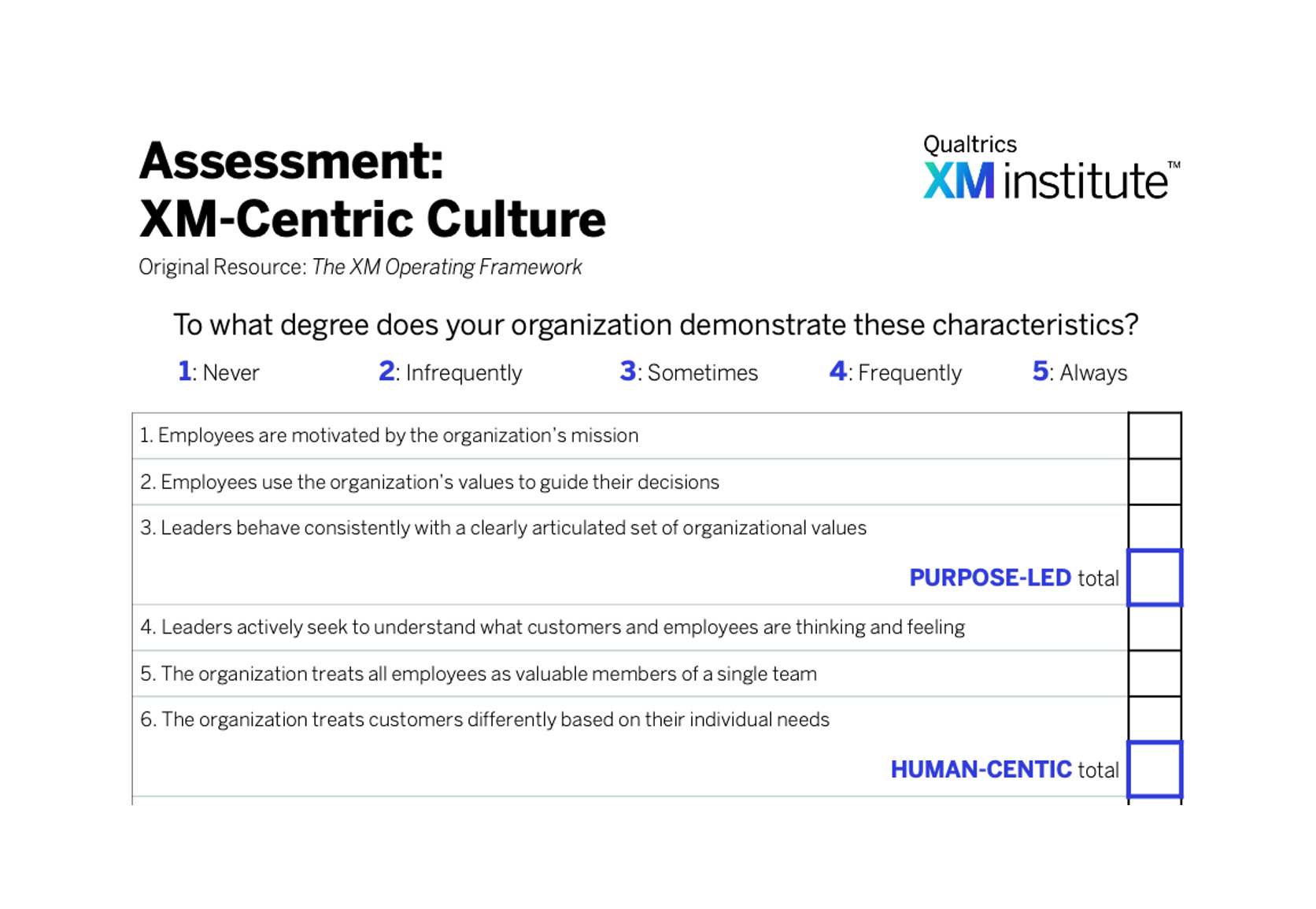Brian Chesky, co-founder and CEO of Airbnb recently wrote a post, Don’t Fuck Up the Culture. It’s a note that he sent to all of the Airbnb employees. It’s a good, short read. Here’s an excerpt:
Culture is a thousand things, a thousand times. It’s living the core values when you hire; when you write an email; when you are working on a project; when you are walking in the hall. We have the power, by living the values, to build the culture. We also have the power, by breaking the values, to fuck up the culture.
My take: Chesky is absolutely correct. Culture is a manifestation of an organization’s true values and it shows up in a myriad of ways. It can be an invaluable asset when it’s good and an insurmountable obstacle when it’s bad. It aligns the thinking and actions of employees in ways that are even more powerful than controls and measurement.
I’ve been writing about this topic for a while, so I went back into the Customer Experience Matters way-back machine and found three very relevant blog posts from 2008:
In Inspiration Trumps Coercion And Motivation, I included what I believe is a seminal quote on the topic from Herb Kelleher, founder of Southwest Airlines:
If you create an environment where the people truly participate, you don’t need control. They know what needs to be done and they do it. And the more that people will devote themselves to your cause on a voluntary basis, a willing basis, the fewer hierarchies and control mechanisms you need.
In Discussing Zappos’ Culture With Tony Hsieh, I write about my interview with Zappos’ CEO. Here are a few of the takeaways from that discussion:
- Tony doesn’t want to prescribe actions for employees that show how much Zappos cares about customers; he wants employees to do things because they genuinely care about customers.
- Zappos uses its culture as a reason to hire and fire people. All new hire candidates have a separate interview with the HR department that focuses just on cultural fit.
- Tony offers this advice to Zappos employees: It’s completely up to you guys. I can’t force the culture to happen; so part of your job description is to display and inspire the culture.
In Management Imperative #1: Invest In Culture As A Corporate Asset, I offered four ideas about how execs can manage their corporate culture assets. Here’s the first one on the list:
- Track employee goodwill. When companies buy other companies, they often account for part of the price as “goodwill;” acknowledging that items like brand name and competitive positioning can be long-term assets. Following this approach, companies should track “employee goodwill.” How? By surveying employees and reporting the results like you report the balance sheet; analyzing quarterly snapshots and changes over time. Think about creating a metric from questions like “How committed are you to helping the company achieve it’s mission and objectives?” “How likely are you to recommend this company as a place to work to your family and friends?
I also feel the need to point to an earlier blog post, Reflecting no 6 Principles of Success. This post discusses a fantastic article written by Sumantra Ghoshal, a leading business thinker. Here’s an excerpt:
Unlike theories in physical science, theories in social science tend to be self-fulfilling. A management theory that catches hold, therefore, can change the behavior of managers who act in accordance with that theory. As Ghoshal states, “the “scientific” approach of trying to discover patterns and laws have replaced all notion of human intentionality with a firm belief in causal determinism for explaining all aspects of corporate performance.” In other words, the belief that management is a social science has removed any humanistic traits (like corporate culture) from the equation about what drives corporate performance.
The bottom line: Don’t f*ck up your culture.
This blog post was originally published by Temkin Group prior to its acquisition by Qualtrics in October 2018.





